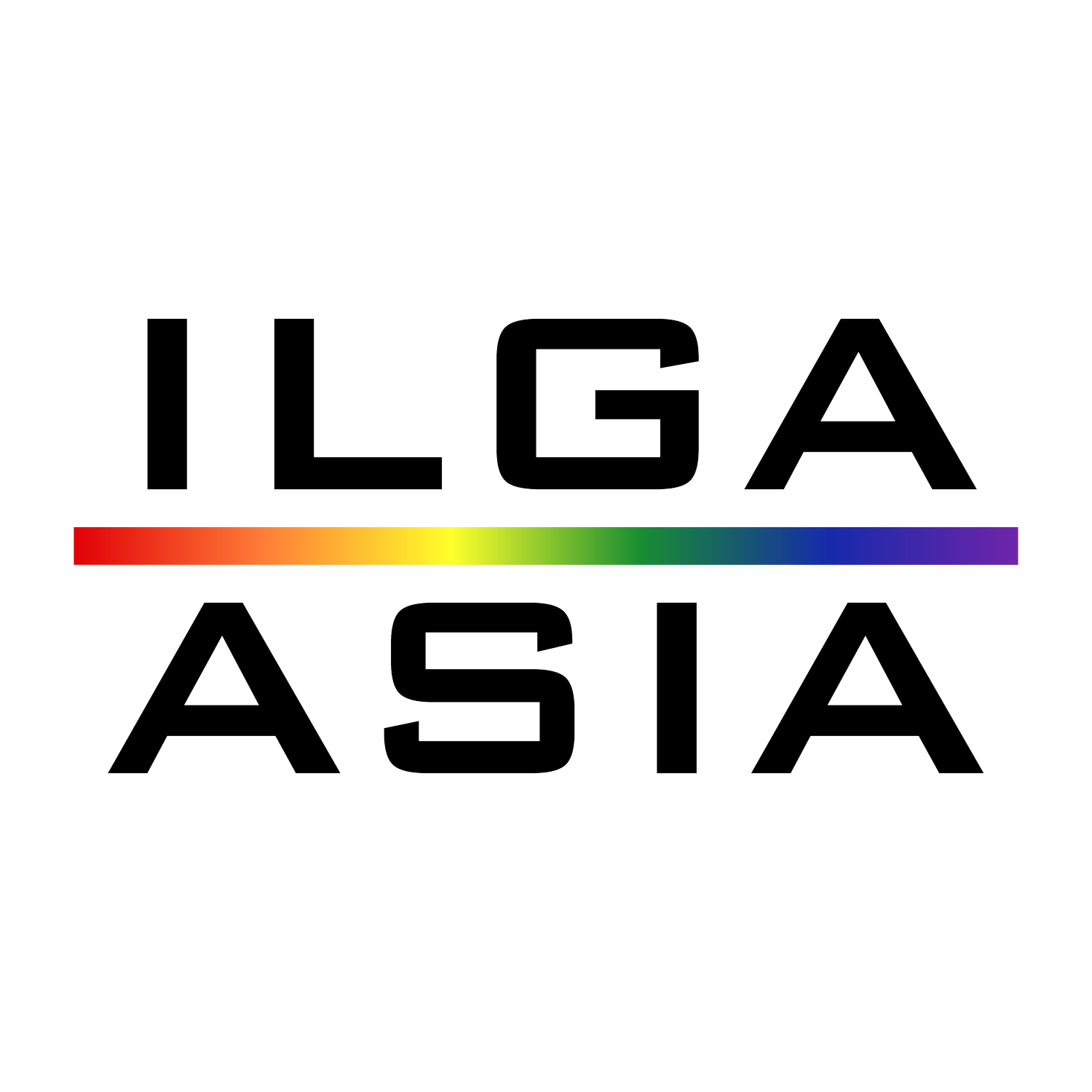Call for Applications - Trainings of LGBTI Trainers in Southeast Asia on United Nations Mechanisms
We are looking for LGBTI activists to join our training of trainers on UN mechanisms. The training will take place from 2-6 December 2019 in Hanoi, Vietnam. The objectives of the training are:
To create a platform for LGBTI persons working with UN mechanisms to review their skills and knowledge and sharing best practices;
To develop training modules on UN mechanisms that fit the needs and context of local LGBTI community in different Asian countries;
To adapt the knowledge of UN mechanisms into local languages and context;
To integrate the use of UN mechanisms in advocacy for LGBTI rights.
The training is our continuous efforts to strengthen capacity of the LGBTI community in Asia on the use of UN mechanisms to promote LGBTI rights and domestic advocacy. We are looking for LGBTI activists:
With intermediate to advanced knowledge of the Universal Periodic Review, the UN Special Procedures, and their application, with at least 2 years of engaging them;
With working knowledge of English and their native tongue;
With a plan to deliver subsequent trainings on UN mechanisms in their country.
Should you be interested in our workshop, please apply for through this form(https://www.surveymonkey.com/r/TOTSEA2019) by 23:59 ICT (GMT+7), October 13th, 2019.
We ONLY accept application from a team of 2-3 persons from 1 or more LGBTI organizations in the same country in Southeast Asia. Endorsement from the head of organization is required. Individual application will NOT be considered.
Team of participants who successfully complete the training, are expected, and may be awarded with a small grant, to organize a training on UN mechanisms for LGBTI community in their own country.
We will cover the cost of transportation between your location and Hanoi, accommodation and meal allowance during your stay, and visa to Vietnam.
We will confirm the selection by October 20th, 2019.
Should you have any question, please send an email to info@ilgaasia.org.
Background
Although sexual orientation, gender identity and sex characteristic are never explicitly mentioned as grounds of protection in the Universal Declaration of Human Rights or other UN Conventions, different international human rights instruments have been utilized by the LGBTI community worldwide to raise their issues at the United Nations, to fight against violence and discrimination, and to influence policy changes in their own country. In 2016, for the first time ever, the Human Rights Council created a new mandate - the Independent Expert on violence and discrimination on the basis of sexual orientation and gender identity - the first institutionalized mechanism within the UN that will focus on the rights of LGBTI persons. The mandate holder’s role is to assess implementation of existing international human rights instruments, identify good practices and gaps, and to engage in dialogue with various stakeholders in improving the human rights situations of LGBTI people. The mandate creates yet another opportunity for the LGBTI community in Asia to engage with UN mechanisms to protect and promote their rights.
Likewise, LGBTI civil societies in Asia, along with other activists, have been using UN mechanisms to promote and protect the rights of LGBTI people in the region. Issues related to sexual orientation, gender identity, and sex characteristics have been covered in the reports of UPR, CEDAW, CRC, etc. in many Asian countries. To which extent these mechanisms contributed to legal and policy changes are still to be evaluated. However, thanked to these instruments, LGBTI civil societies have been able to bring attention of their government and public at large to violence and discrimination facing LGBTI people, and open dialogue with government and policymakers in their country.
Building on the prior progresses and filling in the gaps in the region, ILGA Asia and other partners were organizing several trainings for LGBTI activists in the region to strengthen their skills and knowledge in using and integrating UN mechanisms in their advocacy strategy, and sharing best practices as well as challenges and concerns in their work. The training emphasized on complementing national advocacy strategy using various tools including different UN mechanisms, lobbying with the government, social campaigning, etc. while providing space for LGBTI activists to discuss their wellbeing, share healthful skills and practices, and create a plan for self-care.
Drawing from the results of the previous training sessions, we are moving forwards with a series of training of LGBTI trainers, 1 for South and 1 for Southeast Asia. The trainings will select a group of 2-3 LGBTI activists who have been engaging with UN mechanisms from each country, and help them to strengthen their skills to deliver knowledge to their peers. 5-6 countries will be selected for each training of trainers, bring size of each group to around 15 activists. The trainings of trainers will take place in late 2019, early 2020. Further support will be provided to them in order to organize the subsequent trainings in their country in 2020 and beyond. This series of training is aiming at overcoming the diversity of LGBTI communities in Asia with different cultural, social-economical background and political structure, which makes it challenging to have a one-fit-all model to be useful for everyone to learn about UN mechanisms. Each national training will be delivered in native tongue of the local community, with training materials translated and adopted to fit the local context. There will be 6-10 in-country trainings depending on the results of the ToT, the capacity of the trainers and the local context.



